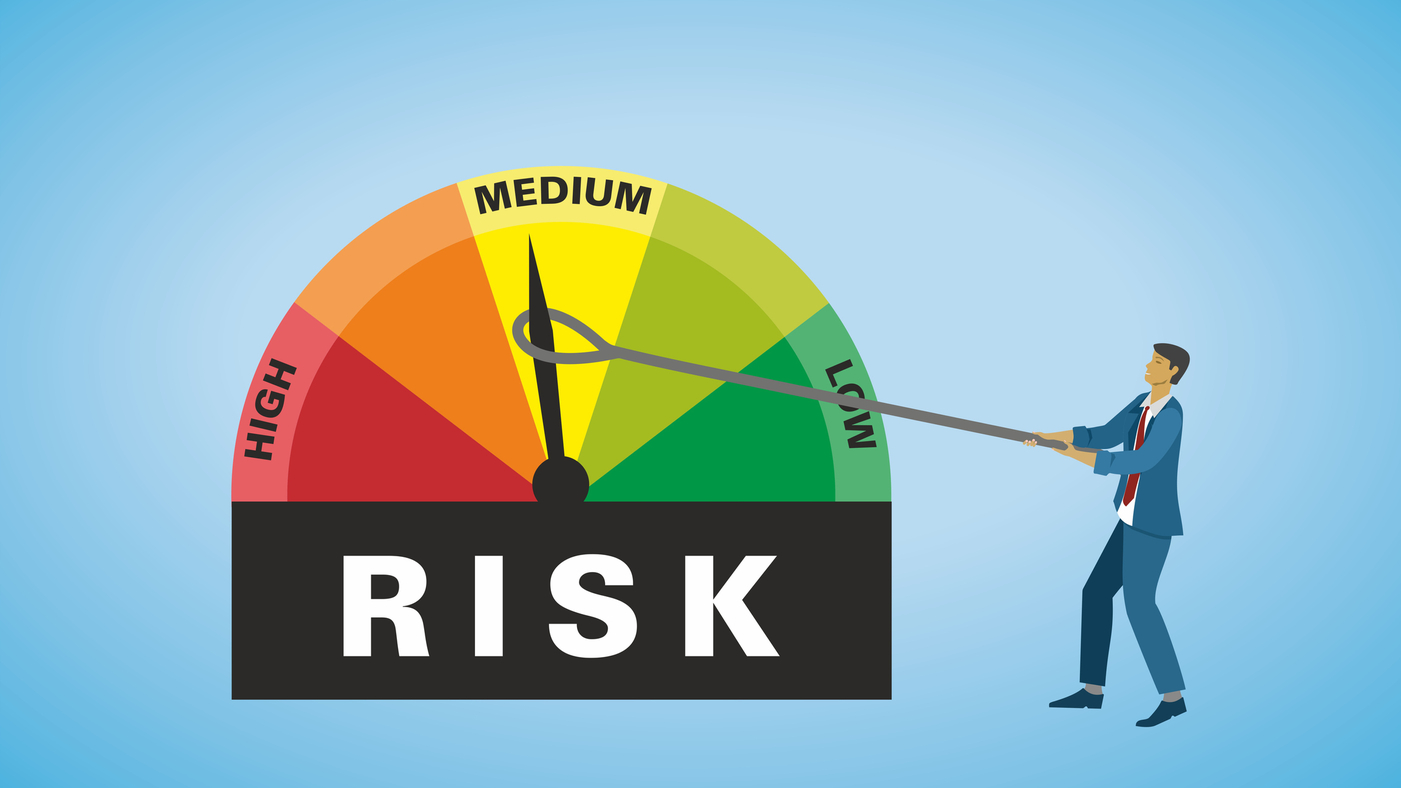Funding Risk in Indian Metro Rail Projects
Introduction
Metro rail projects in India are funded by the Central Government, concerned State Government and the Multilateral Financial Institutions (MFIs) which are playing a vital role in making this sustainable mobility vision a reality.
European Investment Bank (EIB), Asian Development Bank (ADB), Asian Infrastructure Investment Bank (AIIB), New Development Bank (NDB), Japan International Cooperative Agency (JICA), etc. are the key MFIs which provide loans with low interest rate and long repayment period of say 30-50 years after the commencement of train operation.
Funding Models
The Metro Rail Policy, 2017 provides for the following three modes of funding metro rail projects: –
a) PPP Model – The entire project cost is borne by the private partner in this model and in turn, the private partner is entitled to the fair collected, advertisement rights, commercial rights, etc.
b) Government Grant – In this model, the Central Government grants upto 10% of the total project cost and the remaining cost has to be borne by the State Government. In addition, a small portion of the project cost regarding O&M, fair collection and other unbundled activities has to be borne via PPP mode.
c) Equity Model – In this model, a SPV if formed as a 50:50 JV between the Central and the State Government. Each government contributes up to 20% of the project cost in the form of equity shares and subordinated debt and the remaining 60% of the project cost is funded through loan from MFIs. Except in Delhi Metro,
Funding from MFIs
Funding approval from the MFIs usually takes a longer time than is envisaged because of the multi-layered agencies involved in the process. The Ministry of Housing & Urban Development (MOUHA) and the Ministry of Finance of both the state and the central government, are the key agencies involved in the process. Loan granted by MFIs are called sovereign loan and guaranteed by the central government. MFIs grant forex loan to the central government who, in turn, requires various documents and inputs from the concerned state government. These documents and inputs include feasibility report, detailed project report, estimated ridership, project cost, etc. In case of any delay in submission of these documents and inputs by the state government, funding approval would be delayed.
Once the in-principal approval is obtained, all the three parties have to enter into a finance cum project agreement which provides for the timeline and conditions precedent to loan disbursement, terms and procedure for repayment, and other terms and conditions of the loan. This tripartite agreement serves as a guide to the loan drawdown and repayment. But before entering into such agreement, MFIs conduct a detailed due diligence and risk assessment and seek clarifications. The due diligence spans across all the aspects of the project including financial, project timeline, current status, metro alignment finalisation, environmental and social impact assessment, rehabilitation & resettlement involved in the project, risk assessment, etc.
What is the Risk?
Any delay in concluding the due diligence and submission of the required clarifications can derail the tripartite agreement followed by delay in project funding. There have been instances of funding delay because of the delay in finalisation of metro rail alignment in some of the metro rail projects. Delay in finalisation of rail alignment can happen due to either change in alignment or the involvement of huge land acquisition, demolition and R&R on the approved alignment. Change in alignment has also happened for making multi-modal integration post sanction of project and which was not envisaged during the detailed project report stage. Any such delay further derails the EIA and SIA study followed by delay in MFI’s due diligence and hence, the funding delay. A proactive approach of completing all these requirements is the only mitigation tool to avoid any funding delay.
Delay in project funding has direct impact on the start of procurement and onboarding the contractors to execute the project. The contract for civil work and system installation in the project is awarded in various phases (called packages), some of which are funded by equity while others are funded through MFI’s loan. If the project is not adequately funded, the metro rail company will be uncomfortable in awarding any contract which is to be funded through MFI’s loan. If the project funding is substantially delayed, it will result into schedule overrun, cost overrun and ultimately, the project unviability.
Follow
Email address
Your email address
Submit
info@complimentor.in
Connect
Stay updated on regulations

